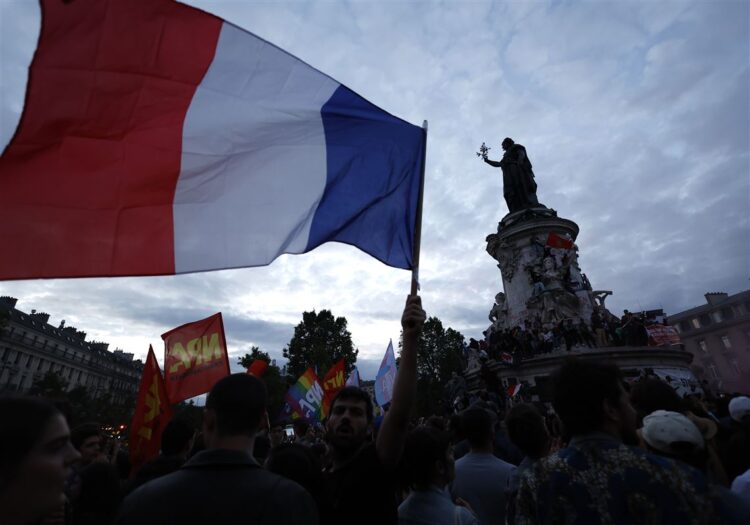In a move to stabilize the French government, President Emmanuel Macron declined Prime Minister Gabriel Attal’s resignation on Monday. The decision follows a chaotic election that left France’s political landscape fragmented and uncertain.
The recent vote saw French voters split the legislature across the left, center, and far-right, with no faction achieving the majority required to form a government. This outcome has raised concerns about potential paralysis in the European Union’s second-largest economy.
President Macron had hoped that calling snap elections would bring clarity, but the results have instead deepened the uncertainty, just weeks before the Paris Olympics put France in the global spotlight.
Despite initial market jitters, with France’s main share index dipping before quickly recovering, the fear of a decisive win for either the far right or the leftist coalition appears to have been mitigated.
Prime Minister Attal, who had only been in office for seven months, offered his resignation on Monday morning but was asked by Macron to remain to “ensure the stability of the country.” Attal, who had openly disagreed with Macron’s decision to call for the snap elections, now faces the challenge of navigating a fractured parliament, with no clear path to forming a government for any major political faction.

















Comments